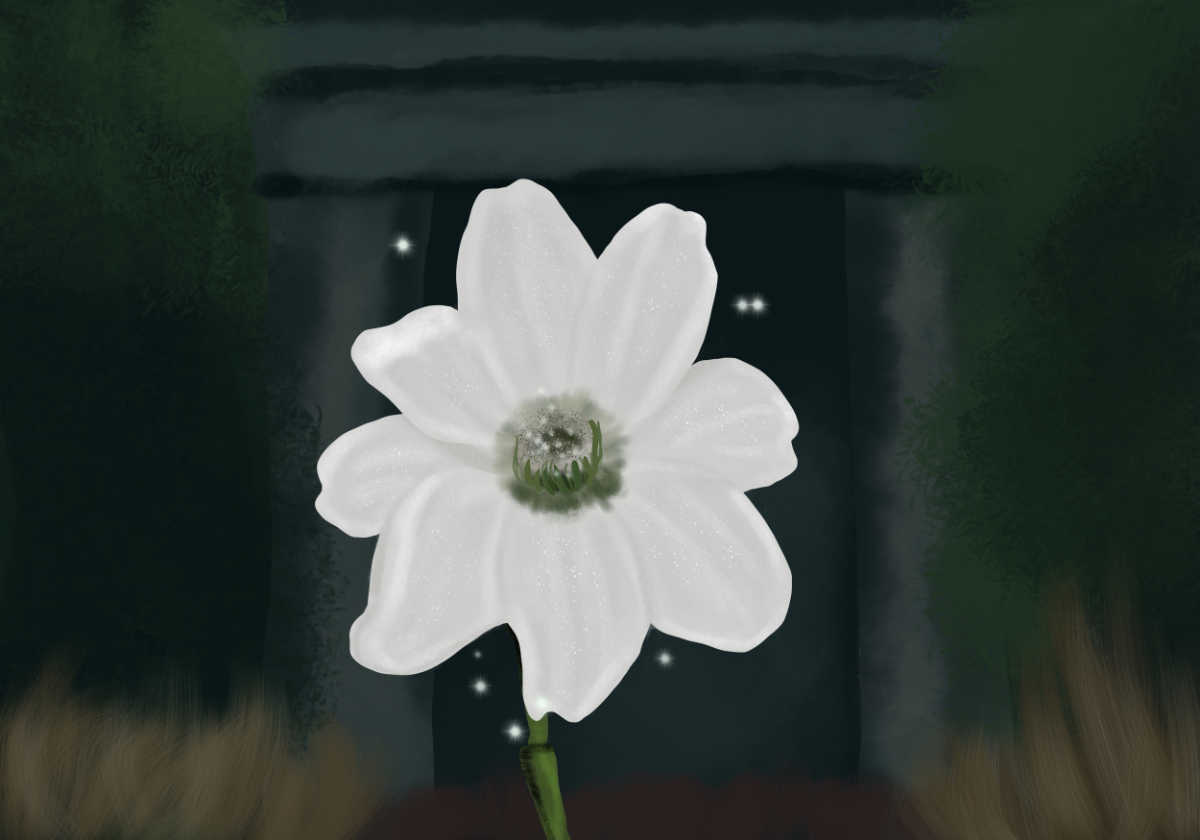Death. A prominent theme in Tolkien`s writings. It is hardly a surprise, given the amount of grief he himself suffered upon losing his closest friends to war. However, in the following scene, death comes from the perspective of a father who lost his son and heir.
A familiar story
I, from my own experience, cannot attest to knowing how it must feel like to lose a child, as I don`t have any. However, I do know parents who lost their son to an underwater fishing accident. He was only 25 years old.
The pain they still suffer cannot be measured or explained in words. It was an unfathomable loss which took them years to accept. They will never get over it, they can only learn how to live with it.
The memory of him is kept alive by the tellings of his mother, who still today has a great deal of love for me, as she did then when I was in a relationship with her son.
Strength
I admire her for her strength and will to keep going. The pain, anger, and depression show in her words, but she is adamant in keeping the memory of him alive.
His father is much more difficult to read, but he too used his pain to revive all the memories he has of him. Although he is much more stoic and emotionally reserved, the happy times he shared with his son are mentioned in every conversation nevertheless.
The funeral of Théodred is what I imagine his funeral must have been like. I couldn`t attend it because I wasn`t ready to say goodbye. The way in which Théoden walks behind his son`s body is the image I have in my mind of the parents. Numbness, sadness, disbelief and overall horror. Something of a nightmare in which the body follows automatically what it should, with a mind absent from any form of coherence. An unbelievable tragedy.
A heavy responsibility
In the midst of all the grief she had suffered during King Théoden`s decline, Éowyn, a shieldmaiden of Rohan, and Théodred`s cousin has the hard task of performing his eulogy.
Lament for Théodred
Nú on théostrum licgeth Théodred se léofa
hæ´letha holdost.
ne sceal hearpan sweg wigend weccean;
ne winfæ´t gylden guma sceal healdan,
ne god hafoc geond sæ´l swingan,
ne se swifta mearh burhstede beatan.
Bealocwealm hafað fréone frecan forth onsended
giedd sculon singan gléomenn sorgiende
on Meduselde thæt he ma no wære
his dryhtne dyrest and maga deorost.
Now dear Théodred lies in darkness,
most loyal of fighters.
The sound of the harp shall not wake the warrior;
nor shall the man hold a golden wine-cup,
nor good hawk swing through the hall,
nor the swift horse stamp in the courtyard.
An evil death has set forth the noble warrior
A song shall sing the sorrowing minstrels of Meduseld
That noble cousin, who always held me dear
Now is held in darkness, enclosed.
Lyrics by Philippa Boyens
Translation from Old English by David Salo
The lament in its entirety is an ode to Théodred`s loyalty to Rohan and his nobility as a warrior. The penultimate line, however, speaks of Éowyn`s relationship with her cousin. It is endearing and heartbreaking to know they both cared for each other very much. She had a friend and a shoulder to lean on in times of trouble. As Théoden`s decline progressed, I believe, she took comfort in having her cousin there with her to confide in.
Bealocwealm hafað fréone frecan forth onsended
giedd sculon singan gléomenn sorgiende
on Meduselde þæt he ma no wære,
Þæt he ma nowere is, þurh niedig rest.
And mægen deorost.
Bealo…
An evil death has set forth the noble warrior
A song shall sing sorrowing minstrels
in Meduseld that he is no more,
That he is nowhere anymore, for his necessary rest.
And that he is the dearest kinsman.
Killing took him…
Lyrics by Philippa Boyens
Translation from Old English by David Salo
In the scene, however, the eulogy performed is a lot shorter and slightly different from the original. The lyrics in the scene do not mention the aforementioned loving relationship Éowyn and Théodred shared. It focuses on the evil that brought about his death.
Finishing the eulogy abruptly with a thud of the door on the burial mound gives the scene a sharper connotation. Especially when the last word Éowyn sings is an evil one. It gives the tragedy as a whole a much more sinister meaning.
Guilt
Théodred was killed by Saruman`s Uruk-hai army. As Saruman was the one poisoning the mind of Théoden it seems only logical to conclude that he is by proxy responsible for Théodred`s death.
Théoden feels guilty for allowing himself to be enchanted by Saruman, for had that not occurred, his son may still be alive. A pointless feeling to have since there is nothing more he can do to revive his son. But the understanding of why he feels this way is still clear.
Théoden holds a single Simbelmynë flower before the entrance in the grave. He throws the flower upon the burial mound.
Théoden: “Ever has it grown on tombs of my forebears. Now it shall cover the grave of my son. Alas that these evil days should be mine. The young perish and the old linger. That I should live to see the last days of my house.”
Gandalf: “Théodred`s death was not of your making.”
Théoden: “No parent should have to bury their child.”
The unfairness of life, the injustice of death. The eternal question of why him and not me. Questions remain unanswered. Some turn to God for answers, some linger in doubt, always questioning, never finding the answer. King Théoden renders himself insignificant and unworthy of life as he stands in front of his son`s grave.
Grief
Here is where the strength of character steps in. The grief either breaks a person`s spirit or it pushes one on to do what one can in the time that is still left for them to live. It varies from one person to another. I believe that losing a child is the most tragic event that can occur. And everyone has a right to grieve as they see fit.
Théoden`s spirit, in this scene before Théodred`s grave, seems to have been broken beyond repair. He can only see evil and the fall of Edoras. He has lost hope.
To awaken from the deepest numbness to a tragedy so excruciating is the most terrible fate one could possibly suffer. All this time, under the lordship of Saruman, Théoden`s mind has stayed in an inoperative state, not feeling, not knowing, not responding. Just a human body for an outside mediator.
The rush of grief in this situation has a greater impact on the mind and body than it would have in a normal state of mind. The feeling of loss is agonizing on its own. It serves no purpose than to weaken an already weakened spirit.
It is an interesting contrast to have at that very moment Éothain and Freda come into view, with Éothain falling from their horse out of exhaustion. A wonderful metaphor I think. As one man`s child is buried, two children turn up looking for salvation and help.
Théoden is faced with more than just his son`s death. Freda and Éothain`s fate is living proof of the destruction that has befallen the Westfold. King Théoden has to make a decision about how best to care for his people. His decision is the topic of my next post, so follow me.
Featured photo by Ana Segota.





